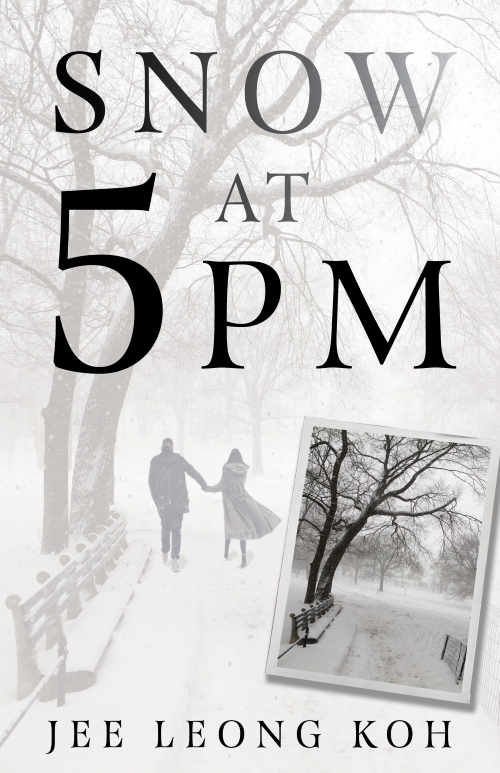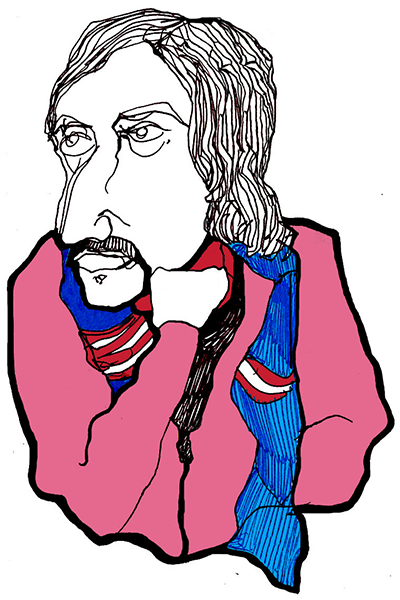I’ve been following the work of the Singaporean poet Jee Leong Koh since Steep Tea, his 2015 collection for Carcanet; last year and the year before that he followed with two very different but equally delightful books, Connor and Seal and Snow at 5 PM. Those last two made for a very happy start to my 2021 summer, and I’d recommend them to anyone.
Koh’s work in some moments can seem disarmingly simple, even if always rigorous in its language, lighting on the ordinary, but as you delve further it reveals a rich intelligence, omnivorous and cosmopolitan in its influences, balancing its interests in high and low, the cerebral and the bodily, the experimental and the straight, narrative and ellipsis.
In these two ‘concept’ books fiction gives birth to form, using multiple narrators who are scant on biography but fused with different, even antagonistic, approaches to formal invention and attitude. Both books have light futuristic elements, extrapolating both politics and desire into uncertain, potentially authoritarian worlds; often, Koh’s writing can be powerfully and vividly erotic in a way few poets today seem to manage.
Snow at 5 PM comprises a series of a hundred haikus each with extended commentary, and in a nod to Nabokov’s Pale Fire the commentary is written by a late-arriving reader who is both illuminating and deeply suspect. The haikus always appear only on the left-side page, the commentary always on the right, and just as with Pale Fire I found myself reading only the poetry first, then reading it again with the commentary.
I am certainly not a very big fan of how the haiku has been appropriated into English, but these tug at the form in fascinating ways, and the invented right-page commentary, both playful and angry, takes as one of its explicit subjects the history of the representation of Japaneseness—if you will—in American poetry and literature. Indeed the commentary, though troubling, gently draws the book into a wonderful intertextuality, reflecting on a thoroughly wide range of sources: Richard Rorty, Fanon, Kierkegaard, Theresa Hak Kyung Cha, Lucretius, Yeats and so on.
Koh and fellow poets Cyril Wong and Alvin Pang have been mentors to an ever-growing circle of Singaporean writers well worth paying attention to. I often wonder about how and why such a tiny island is now producing so much great and dynamic new work in English.




